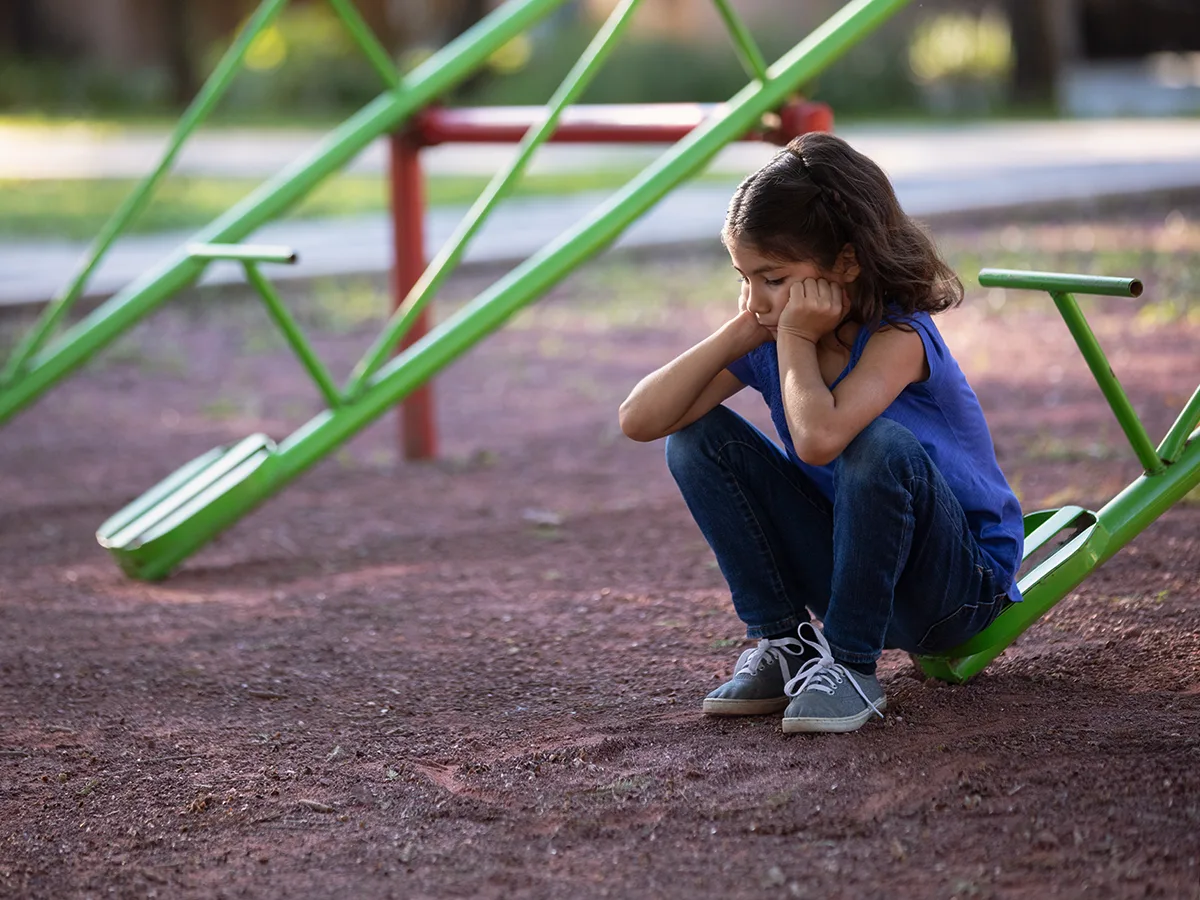Strategies for Helping Kids Cope With Loneliness
Loneliness is not an abstract condition that affects only certain kinds of people. The truth is that feelings of loneliness can affect anyone—young, old, and in-between—and at any point in life.
Childhood loneliness can be caused by “poor peer relationships” from a young age and can lead to difficulty in making friends or maintaining relationships later in life. Moreover, “feeling excluded can be damaging to a child’s self-esteem” and have various affects on a child’s behavior, including mental health.
Above all else, it is important that parents be extremely mindful of a child’s feelings and behaviors and find ways to address these feelings.
Consequences of Loneliness
Children who feel lonely often experience poor peer relationships and thus express more loneliness than peers with friends. They often feel excluded? This feeling can be damaging to their self-esteem. In addition, they may experience feelings of sadness, malaise, boredom, and alienation.
Furthermore, early childhood experiences that contribute to loneliness may predict loneliness during adulthood. Consequently, lonely children may miss out on many opportunities to interact with their peers and to learn important lifelong skills.
Symptoms of child loneliness
Contrary to common belief, a child who loves being alone isn’t necessarily lonely. Children can be inclined to be more or less sociable, and it’s important to encourage them to do the social activities that they love. However, if your child shows some of these symptoms, they could be feeling lonely:
- Shy, withdrawn behavior
- They want to be around you more than usual, to the point of being clingy
- Excessive crying with no apparent cause
- Misbehavior – your child may be trying to get your attention
- Creating imaginary friends
- Spending more time than usual in their room
- Displaying a lack of interest in activities they used to enjoy
How to Help a Child Who Feels Lonely?
Set a Routine
If your child doesn’t already have a routine, now is the time to set one. Children tend to do better with routines, and when the usual course of things is interrupted, they may have difficulty adjusting. As long as you carve out routine time for your child to spend being social each day, they will be less likely to feel lonely.
Talk About Their Feelings
Talking to your child about their feelings turns the spotlight on them. They may want attention and someone to show them that their feelings are understandable. Talking to them about how they feel can also boost their communication skills and set them up for proper communication in their future relationships.
Limit screen time
Many kids who feel lonely may spend more time on their phones and the internet. However, Social media, pop culture and the internet in general can impact loneliness in a negative way. Not everything on the internet is positive and gaming can be an extremely unsociable activity.
Encourage Participation in School Clubs and Societies
Joining a club or society or taking up a new hobby is often cited as a way to prevent or overcome loneliness. Do you have any after school/lunchtime clubs that are on offer at your school looking for new members? Let your child join it!
Seek professional support
Chronic loneliness, when left untreated, can lead to more serious mental health challenges. That’s why it’s so important to be proactive and help your kid or teen sooner rather than later.
If you take steps on your own to help your child find more connections, but their loneliness persists, consider reaching out to your child’s pediatrician or a mental health therapist for a consultation.
Dr. Carla, can learn you effective tips to help your child overcoming loneliness. Set a time to talk with her.



